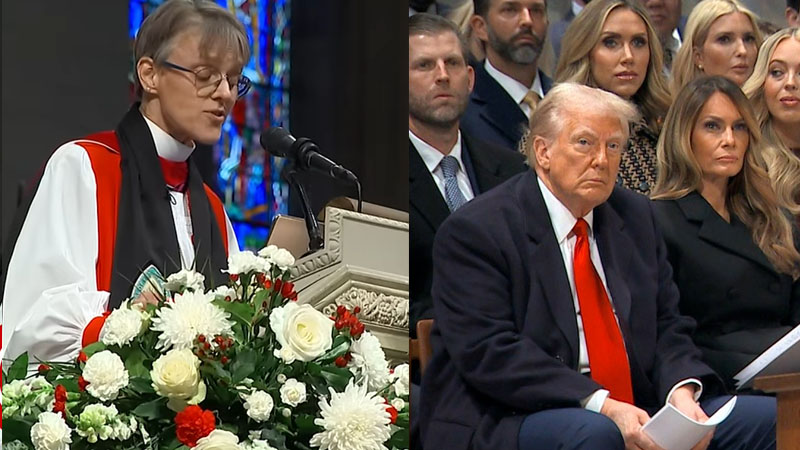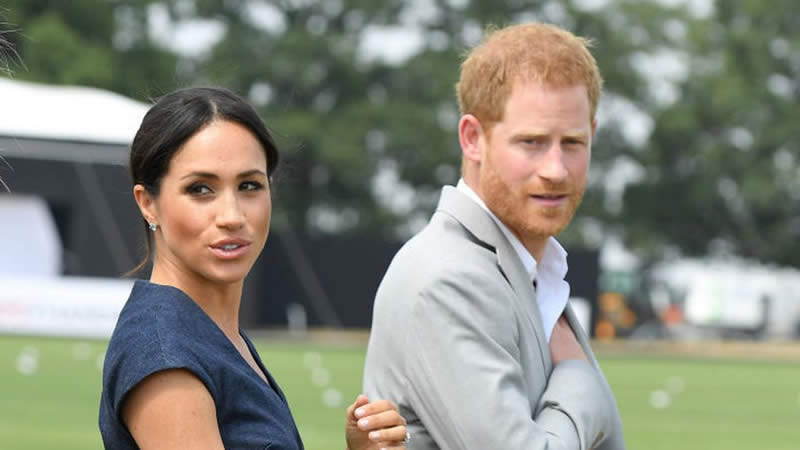Dehydration and High Blood Pressure: Separating Fact from Fiction

Source: depositphotos
The Centers for Disease Control and Prevention (CDC) is worried that Americans are not doing enough to manage hypertension.
“The higher your blood pressure levels, the more risk you have for other health problems, such as heart disease, heart attack and stroke,” the agency cautions. Despite this warning, the government claims that individuals aren’t doing enough to keep high blood pressure, commonly known as hypertension, under control, despite the fact that almost a million Americans die each year as a result of heart disease and stroke.
Improved hydration is high on the list of many other established ways for managing blood pressure concerns.
Does water lower blood pressure quickly?
While drinking water will not quickly decrease one’s blood pressure, it will make a difference. Because water makes up around 73% of the human heart, staying hydrated is critical for blood pressure regulation.
According to a 2019 study published in the Journal of the American Heart Association, drinking mineral-enriched water can also help decrease blood pressure.
Does drinking more water also raise blood pressure?
Maintaining one’s blood pressure isn’t all about keeping levels from being too high, however. “All our organs depend on good blood flow,” says Shaline Rao, MD, a cardiologist at NYU Langone Hospital, Long Island. “Like Goldilocks and the three bears – our blood pressure should not be too high, not too low but just right.”
That’s because low blood pressure, known as hypotension, is a problem as well. “Blood pressure is related to blood volume,” explains John Whyte, MD, the Chief Medical Officer of WebMD and author of “Take Control of Your Heart Disease Risk.” If one is dehydrated, Whyte says, “that decreases blood volume which causes blood pressure to drop, and as blood pressure drops, your heart rate has to increase to get more blood to your organs.”
What’s more, because blood is made up of about 90% water, “if you do not have enough water, your blood volume isn’t adequate at doing the job needed of feeding your body,” says Rao. This can lead to, among other things, feeling dizzy or fainting.
“A drop in blood pressure can be managed by drinking appropriate amounts of water and following labels on blood pressure medications,” says Malissa Wood, MD, the associate chief of cardiology for diversity and health equity at Massachusetts General Hospital.
How much water should you drink if you have high blood pressure?
The CDC warns that many others aren’t receiving enough water and offers numerous recommendations for increasing one’s water intake. These include keeping a full cup or bottle available, preferring water over sugary beverages and soda, and washing down meals with water at mealtime.


